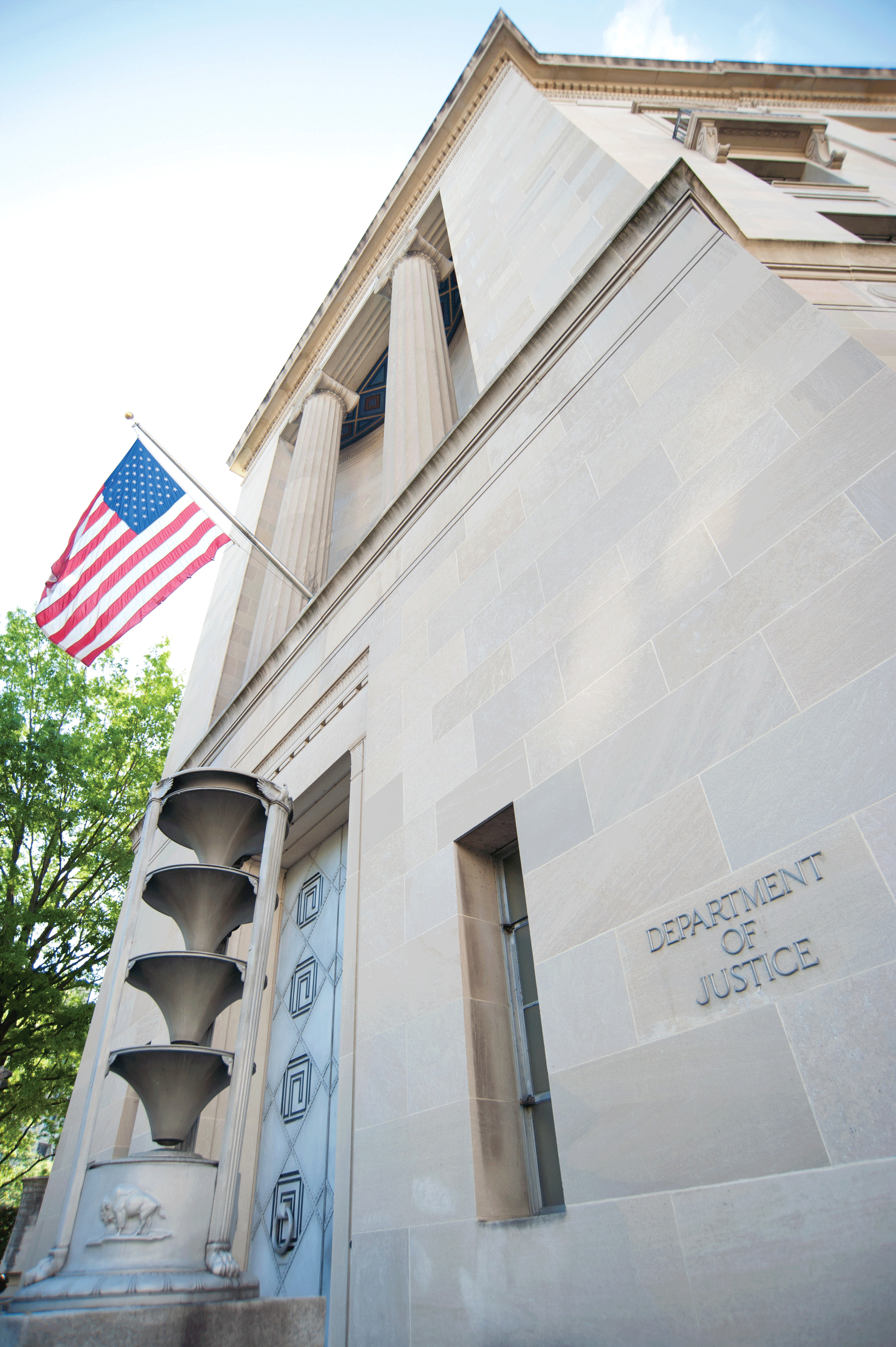Until relatively recently, neither Canadian nor US courts have shed much light on what constitutes a “foreign official” under the countries' respective anti-corruption statutes.
In May 2014, however, the US Court of Appeals for the Eleventh Circuit held in US v. Esquenzai that establishing control or ownership on its own was not enough to make an entity an “instrumentality” of a foreign government for the purpose of theForeign Corrupt Practices Act's definition of “foreign official”. Rather, the court concluded that an instrumentality of a foreign government was “an entity controlled by the government of a foreign country that performs a function the controlling government treats as its own”.
Significantly, however, the court refused to limit the definition to entities performing only traditional, core government functions.
In the court's view, a number of factors could be relevant to determining whether a government controls an entity. These include the government's formal designation of the entity, whether the government has a majority interest, whether it can hire and fire the entity's principals, the extent to which the entity's profits go directly to the government, the extent to which the government funds the entity and the length of time that these circumstances have existed.
Factors relevant to determining whether an entity performs a function that the government “treats as its own” include whether the entity has a monopoly over that function, whether the government subsidizes the cost of the services provided and whether the government and the public in the foreign country regard the entity as performing a governmental function.
All this being said, the fact remains that Esquinazi leaves considerable uncertainty as to the scope of the FCPA.
“Some people were hoping for a bright line, which there doesn't seem to be,” says Anthony Cole in Denton Canada LLP's Calgary office. “Rather the case requires a lot of mental contortion to establish whether someone is a foreign official, so you still have to assume the worst when advising clients.”
Cole's colleague Michelle Shapiro in Denton's New York office, writing in Law360, expresses a similar view.
“While [Esquinazi] does provide some guidance for businesses and practitioners seeking to understand the circumstances in which employees of state-controlled entities might be deemed ‘foreign officials' under the FCPA, given [the court's acknowledgment] that ‘what constitutes control and what constitutes a function the government treats as its own are fact-bound questions', the safest bet is to assume that the US Department of Justice and the US Securities and Exchange Commission, as well as future courts, will continue to take a broad view of when the FCPA applies,” she states.
As it turns out, the Esquinazi definition is, according to Cole, “not dissimilar” to the definition of foreign official in the Canada's Corruption of Foreign Officials Act, which includes “a person who performs public duties or functions for a foreign state, including a person employed by a board, commission, corporation or other body or authority that is established to perform a duty or function on behalf of the foreign state, or is performing such a duty or function.”
Indeed, Cole points out that the Esquinazi definition “arguably has a wider scope” than the definition of “public official” in the CFPOA.
So far, however, Canadian courts don't seem to share that view. In R. v. Karigar, the Ontario Superior Court found in August 2013 that Air India officials were “foreign officials” for the purpose of the Corruption of Foreign Officials Act.
“While there was not much discussion or analysis in Karigar as to the scope of the definition and how it applied to the Air India employees, the decision could be read as supporting the notion that, under the CFPOA, government ownership or control is the critical factor,” says Cole.
Still, despite the uncertainties arising from Esquinazi, there does seem to be a common thread in both countries as to what constitutes a “foreign official.”
“Thus, from a risk management perspective, while the illustrative factors listed in [Esquinazi] should be considered (along with the factors enunciated by the U.S. District Court for the Central District of California in US v. Carson and Lindsey Manufacturing), the safest course will be to assume that the DOJ and the SEC (as well as future courts) will take the position than employees of any entity that is majority-owned or controlled by a foreign government will be deemed ‘foreign officials' for purpose of the FCPA,” Shapiro writes.





